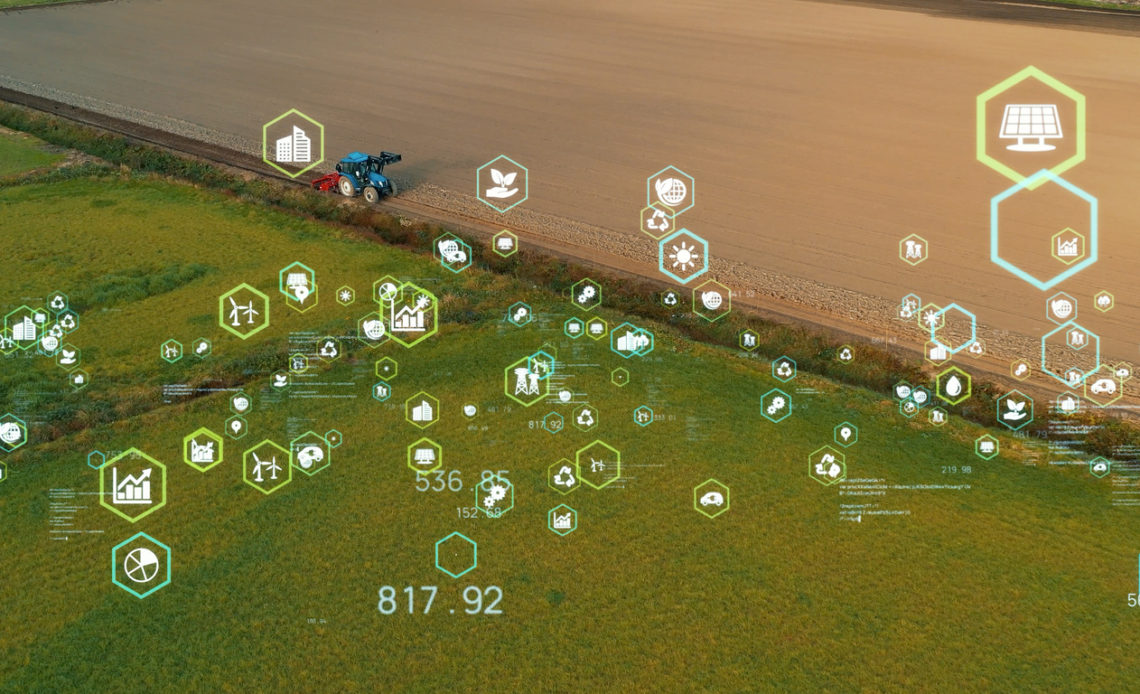
Vertical: Agriculture
Application: Drones, video, sensors
Ecosystem: Boldyn Networks
Private Network: 5G
West Sussex is set to become a pioneer in agricultural innovation with the deployment of private 5G networks across the region. This ambitious project aims to revolutionize local food and wine production through the use of new technologies.
Boldyn Networks will spearhead the initiative by designing and building four high-bandwidth private 5G networks. These networks will be installed at two grower sites and participating colleges, with a launch scheduled for early 2025.
The project is part of the ‘Growing Sussex 5G Innovation Region,’ which has secured £3.8 million in funding from the Department of Science, Innovation and Technology. This collaborative effort brings together a diverse consortium, including West Sussex County Council, West Sussex Growers, Brighton University, local education centers, and commercial producers.
At the heart of this initiative is the desire to enhance farming practices through advanced technology. The private 5G networks will enable the testing of sensors, drones, and cameras to improve agricultural efficiency. Automation and real-time remote monitoring systems will be trialed, with the goal of increasing productivity, yields, and profitability in the region’s farming sector.
The impact of this project could be significant for West Sussex’s horticulture industry, which currently generates £1 billion in annual sales and employs 10,000 full-time workers. By leveraging 5G technology, the region aims to boost productivity and maintain its competitive edge in the agricultural sector.
Rachael Williams of the West Sussex Growers’ Association emphasized the potential benefits: “5G will be a game-changer for growers across the region. It has the potential to give growers the tools to further improve the efficiency, productivity and sustainability of growing practices.”
The initiative also places a strong emphasis on education and workforce development. Paul Rolfe, Associate Principal at Chichester College Group, highlighted the project’s role in preparing the next generation of agricultural leaders: “Through technologies like AI, precision studies, and real-time data, we are driving a sustainable food revolution. This project ensures that future leaders are prepared to shape the future of farming in both the UK and globally.”
Steve Waight, West Sussex County Council’s Cabinet Member for Digital Infrastructure, underscored the alignment of this initiative with the UK’s Food Strategy. He noted, “Sussex offers a fertile environment for sustainable food and drink production. By equipping the workforce with modern digital skills, we are creating opportunities not only in agriculture but also in education, encouraging new career paths in horticulture, agriculture, and viticulture.”


